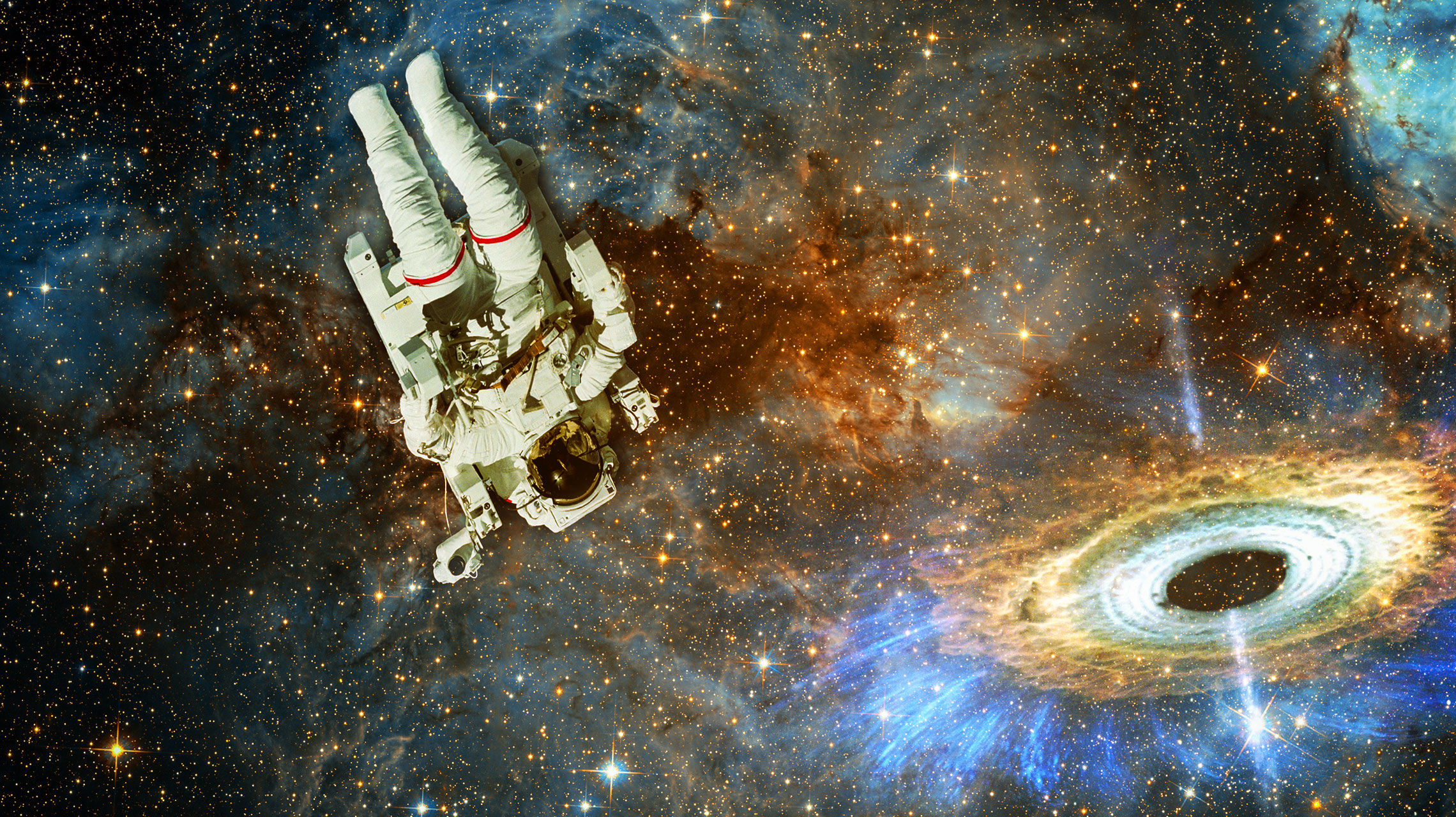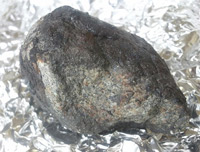Create a free profile to get unlimited access to exclusive videos, sweepstakes, and more!
Update: meteorite from California fireball recovered

[Update to the update (Oct 25): Apparently, the rock found is not actually a meteorite. These things can be tricky to identify, and the first conclusion was mistaken. Bummer.]
[Update to the update to the update; that is, update 3: (Oct 26): OK, see if you can follow along, since I barely can. A rock was found that was thought to be a meteorite from the fireball, and then thought not to be. Well, guess what? It's back on the list! A second rock was found a few kilometers away and identified as a meteorite, which prompted Peter Jenniskens to look over the first one again. He has concluded it actually is a meteorite. At this point, I think I'll hold off re-dis-un-updating all this, and if there's more news, I'll start a new blog post. Thanks to BABloggee Mike McJimsey for the link.]
 This is exciting: a meteorite from last week's fireball over northern California has been found! NBC is reporting a small chunk, 4-5 centimeters across and weighing about 60 grams, struck a house in Novato, California shortly after the fireball was seen.
This is exciting: a meteorite from last week's fireball over northern California has been found! NBC is reporting a small chunk, 4-5 centimeters across and weighing about 60 grams, struck a house in Novato, California shortly after the fireball was seen.
They're reporting Peter Jenniskens, a SETI astronomer and meteorite expert, confirmed the find. That's critical: a lot of rocks are mistaken for meteorites by people (and the media) who aren't familiar with them. This chunk is small, though, and given how bright the fireball was and how it was seen to fragment, I'd think bigger pieces must have fallen. That area is fairly well-populated - I used to live not far from there and cursed traffic every time I had to endure it - so hopefully more pieces will turn up.
The beauty of this is that because it was seen by several cameras and dozens of witnesses, the path across the sky can be well-determined. That can be backtracked in space to see where in the solar system it came from. And with an actual piece of that asteroid in hand, we can learn more about what conditions are like in parts of space we would otherwise have to send probes to explore.
It's planetary science, and we get it essentially for free! And we got a really cool light show to go along with it. Everyone wins.
Image credit: Erin Murphy / NBC Bay Area
Related Posts:
- Bright fireball lights up northern California
- Q&BA: How do we know some meteorites come from Mars?
- Wisconsin meteor update: meteorite found
- I will rain iron and brimstone upon Texasâ¦


























